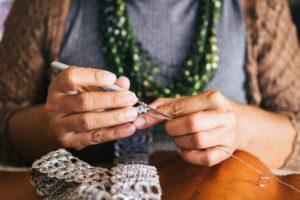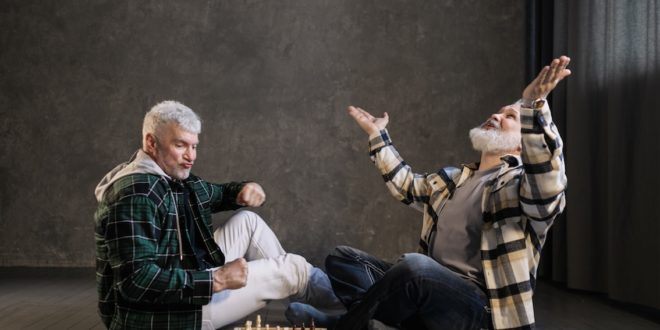The Importance of Mental Exercise
Many people never show any signs of an age-related decline in cognitive functions. However, there is a greater number of older seniors that do experience a loss of cognitive skills and abilities to varying degrees. For most of them the decline is part of the ageing process caused by the death of brain cells. For others, dementia is the result of an illness or disease, such as Alzheimer’s Disease, Multiple Sclerosis or Huntington’s Disease.
Just as the body needs physical exercise to keep fit, the brain needs mental exercise to stay active and alive. Mental exercise stimulates the brain, often providing long-lasting positive effects regarding thinking and reasoning skills, memory and processing speed.
What are Cognitive Skills?
The definition of the word cognition, means the process of knowing and includes all its aspects, such as:
· Reasoning
· Awareness
· Perception
· Knowledge
· Intuition
· Judgement
Cognitive skills are the mental capabilities a person has which allow them to process all the information they receive from their five senses. These skills are needed to be able to think, talk, learn or read. They are what gives a person the ability to recall things from memory.
Cognitive skills also are needed to:
· Analyze the images and sounds your senses perceive.
· Maintain concentration.
· Draw associations from various pieces of information.
Cognitive Activities Improve Skills
There are many types of activities to help maintain and improve cognitive skills. Some of them involve everyday activities, other mind-challenging activities include playing games, making crafts and solving puzzles.
Everyday Activities That Strengthen Cognitive Skills
One of the most important cognitive activities is engaging and meaningful conversation. Often as people age, they withdraw from social interaction, giving them fewer opportunities to talk to others about things that are important to them. By asking for peoples opinions and advice on situations and events, your mind is stimulated and you experience a feeling of self-worth.
Slightly changing an everyday activity is another way to enhance cognitive skills. Examples include using the opposite hand to hold the toothbrush when brushing your teeth, writing your name or dialing a telephone.
Hobbies and Crafts
Learning a new hobby, or taking up a craft are excellent ways for individuals to keep their brains active and alert. These activities stimulate the brain cells and often provide interaction with others. Finding something of interests provides you with enjoyment and a sense of positive self-esteem.
Many of these activities also help to maintain eye and hand coordination and fine motor skills. These activities engage and stimulate the brain even more by sending electrical impulses that signal pleasure from the activity. If you have a physical limitation, such as a shortened attention span, arthritis or poor eye-to-hand coordination, modify a craft or hobby in ways so you can still enjoy being part of things that make you happy.
Depending on your interests and abilities, the following are examples of possible crafts or hobbies you may enjoy.
· Drawing
· Painting
· Knitting
· Playing music
· Scrapbooking
· Woodworking
· Mosaics using tiles or coloured paper
· Photography
· Games and Puzzles
Playing games and solving puzzles are excellent cognitive activities. These types of activities engage the brain keeping it stimulated and vital. The following are games and types of puzzles you may enjoy.
Games
· Dominoes
· Checkers
· Chess
· Card games
· Scrabble
· Bingo
· Types of Puzzles
· Jigsaw puzzles
· Crossword
· Word search
· Sudoku
· Crypto quotes
GrownUps has some great resources to get you started, like our Games page and you can connect to others with Live Chat, or our Discussion forum.
Courtesy of Senior Love to Know









Join the Discussion
Type out your comment here:
You must be logged in to post a comment.